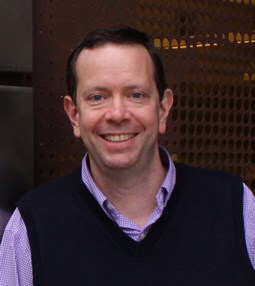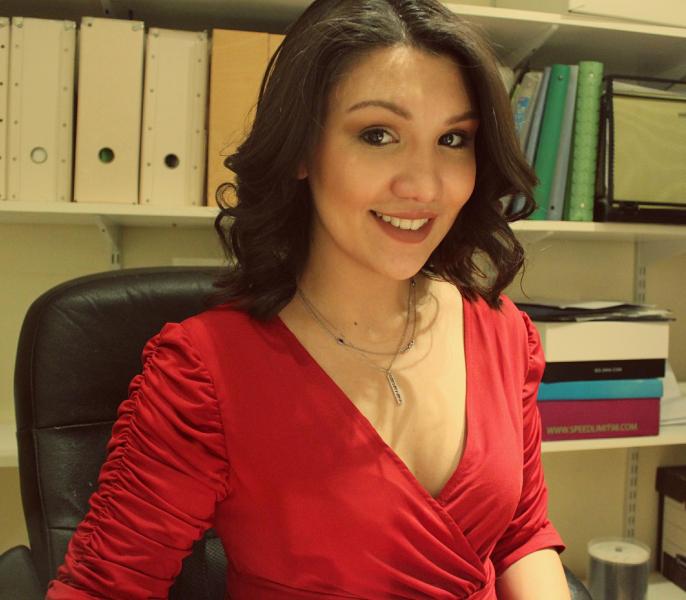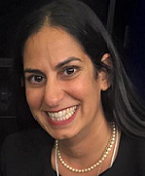American Psychological Association Division 50
Community Corner
Jason R. Kilmer, PhD: We put a great deal of emphasis on bridging the gap between science and practice, and I feel lucky to get to do this every day as part of my job. Half of my position is as a faculty member researching brief interventions that address college student substance use, and the other half of my job is in Student Life delivering prevention efforts and brief interventions to students. I know that I am a better Student Affairs professional because of my involvement in science, and am a better researcher because of my face-to-face work with students. I’ve always appreciated the sentiment expressed in Dr. George Miller’s APA address 50 years ago in which he encouraged the field to discover how to best “give psychology away.” Outside of my day-to-day work on campus, I always appreciate opportunities to present to groups and disseminate research findings from our lab, particularly when these audiences might not otherwise come across a journal article or conference presentation. Whether it’s middle school students, high school students, groups of parents, or community coalitions, I embrace these opportunities to put research findings in people’s hands, and see this as one way I try to “give psychology away.”

Kirk Bowden, PhD: I served my community on the Arizona Board of Behavioral Health Examiners (AzBBHE) for thirteen years. AzBBHE is the state of Arizona’s composite behavioral health licensing and regulatory board for more than 10,000 licensed professionals. Over my years of board service, it was not uncommon to witness licensed clinicians treating clients outside of their scope of competence. That was certainly true of addictions. Obtaining a graduate degree does not fully prepare clinicians to treat individuals suffering from all disorders listed in the DSM-5. Many clinicians don’t appear to understand that holding a license to provide a service is very different from having the competence to provide the service. I believe that is true of addictions; especially considering that addictions are widely viewed as one of the most challenging areas of behavioral health. That said, many clinicians appear to believe that simply holding a clinical license grants them the carte blanche authority to provide any and all addiction and substance use disorder treatment services regardless of the clinician’s addiction competence. It is important for all of us as members of SoAP to work in our communities to help ensure that individuals seeking addiction recovery receive ethical treatment from professional addiction competent clinicians.

Adelya Urmanche, M.A., CASAC-T: This is certainly a great time to be in the field of substance use and addiction; with consistent news coverage of the overdose crisis, marijuana legalization, and advancement in psychedelic research, the public is more interested than ever in the psychology of drug use and abuse. Our role in the community is, therefore, threefold – educating and engaging the public, building community resilience, and promoting the health and well-being of the populations that we serve. We can do this by further increasing exposure to credible information about addiction, its etiology, and psychology, through public and open-access forums such as Op-Eds. We can hold trainings and presentations, with topics such as the trauma of the overdose epidemic, support options for loved ones, and the administration of naloxone. Collaboration with local drug user health organizations (such as syringe service programs) and advocacy groups also allows for ample opportunities to not only stay informed and build networks broadening our systems thinking but also to further engage people who use drugs and join in the efforts of creating long-lasting changes for a healthy and sustainable community.

Seema L. Clifasefi, PhD: Our mission at the Harm Reduction Research and Treatment (HaRRT) Center is to work collaboratively with substance users, community members and organizations to develop, conduct, evaluate and disseminate evidence-based interventions that help to reduce substance-related harm, improve quality of life, and promote social justice and racial equity for affected individuals and their communities. We approach our research through a community-based participatory research framework. This collaborative and inclusive approach ensures diverse perspectives, and that the programs being developed, evaluated or provided are relevant for the communities in which they are intended to serve. We work to create a platform for community members to get a seat at the proverbial table and have a voice in the programs and services that are directly relevant to their lives. By respecting and honoring people’s wisdom and allowing them to come up with things they want to see happen for themselves and their communities, we believe that this helps people realize their full potential and see themselves as valuable and respected member of society, as well as a necessary and critical part of the solution forward. https://depts.washington.edu/harrtlab/

For the coming issue, I want to hear about ways in which you are using novel methods and approaches to active engaging in the community. Please limit responses to 200 words and send to dana.litt@unthsc.edu by June 1, 2019

Resources are available for those struggling with addiction and numerous effective treatments exist. Whether you are looking for help for yourself or a loved one, we encourage you to seek out help.